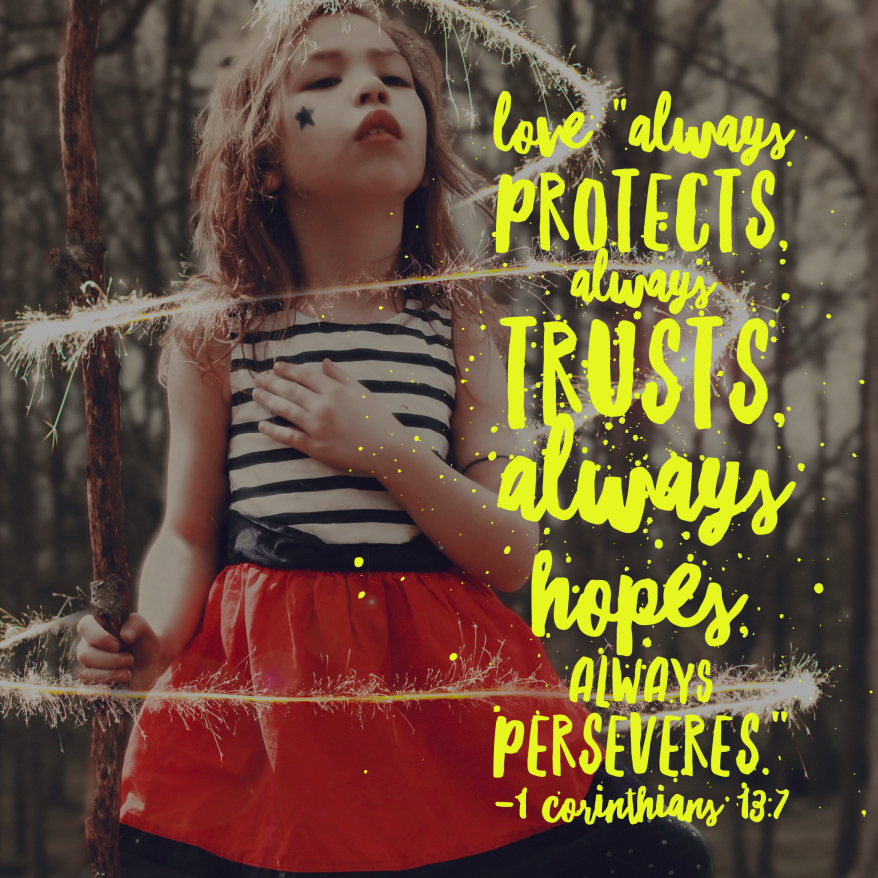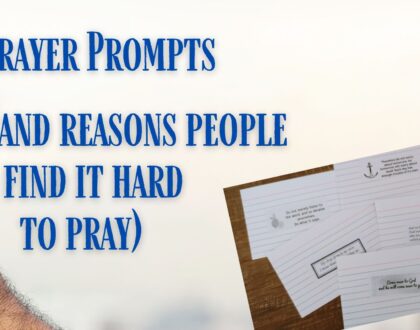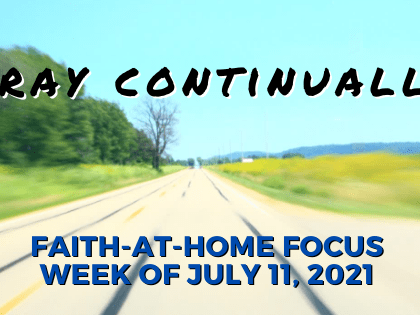Why telling your kids you “fall” in (and out) of love can mess with their heads
by Westminster
“We fell in love.”
I’ve said it. Maybe you have too.
It almost makes you think of Cupid popping out from behind a cloud and harpooning some people with a magical love dart, knocking them from their feet.

(Cue the violins and heart-shaped emoji.)
It’s an expression that reminds us about the enigmatic—and sometimes sudden—power of romance. Our feelings can be so overwhelming that it’s like they’re beyond our control—as if we’re “falling” and can’t resist the invisible force that has hijacked our brains.
By now you’ve probably guessed that I’m not big on the expression “falling in love.” Why? Because it makes it sound like you’re running across a field and fall into a pit.
“I’ve fallen and I can’t get up!”
Don’t get me wrong. I know it’s just an expression. But for those of us who are parents, the words we use dramatically impact how our kids see the world and their place within it. When we only use passive words about love—like “falling”—it removes decision and choice from the equation.
I realize it doesn’t sound too harmful, and if you’re thoughtful about it, it really isn’t. But let me pull back and widen the lens for a minute.
When a marriage or relationship ends and there are children involved, they are sometimes told that mom and dad “fell out of love.”
In that scenario, choice and decision have again been removed from the equation. All of a sudden, this thing called love—which everyone thinks is good, and which can bind families and homes together—is reinforced as a magical feeling that can come and go like a seasonal fad.
The implication for the child is this:
- That a parent’s love for a child can also come and go.
- And along with it, a child’s sense of security—and maybe even trust.
But in the New Testament in the Bible, “love” isn’t a feeling. It’s more like proactive loyalty. If you “love” someone, you go out of your way to bind yourself to them and seek the best for them.
With that in mind, one of the most famous passages about love in 1 Corinthians 13 makes a bit more sense. It says that love “always protects, always trusts, always hopes, always perseveres.”
Those are decisions.
Decisions to protect, decisions to trust, decisions to hope, and decisions to persevere.

Romantic feelings should be like a friend talking to us from the backseat, not our chauffeur.
I’m not saying we throw the “falling in love” expression out the window and into the trash heap. The reason it’s been around for so long is because it rightly teaches us something about the enigmatic—and sometimes sudden—power of romance.
But when you sit down to have those important conversations with your kids, why not flush it out a bit? “We met and really liked each other. And when we got to know each other better we made a decision to be together forever.”
And when a relationship or marriage ends, explain as best you can the decision to end it. It’s more honest. And it’s more helpful to them in the long run.
It can also be an opportunity to explain why a parent’s love for a child is more than a feeling. It’s a decision that will never change.
No. Matter. What. Happens.
Tim Kimmel, an author and speaker who’s passionate about family, defines success as “the conscientious stewarding of future generations.”
#Success is "the conscientious stewarding of future generations" -Tim Kimmel
— Matthew Ruttan (@MatthewRuttan) May 17, 2017
With that in mind, firmly place into your kids’ growing mental toolbox the idea that love is a decision, a choice. That’s good conscientious stewarding of future generations. Sure, there are powerful feelings out there…
But they don’t bully us.
When it comes to the important people and decisions in our lives, we can definitely make mistakes, excuses or progress–but through it all, we also make decisions.
Stay connected:
- Receive my 1-minute daily devo called “Up!” by signing-up here.
- Twitter: @MatthewRuttan
Recommended Posts

Recap, Re-load or Rewind: Faith-at-Home FOCI chart
August 08, 2021

